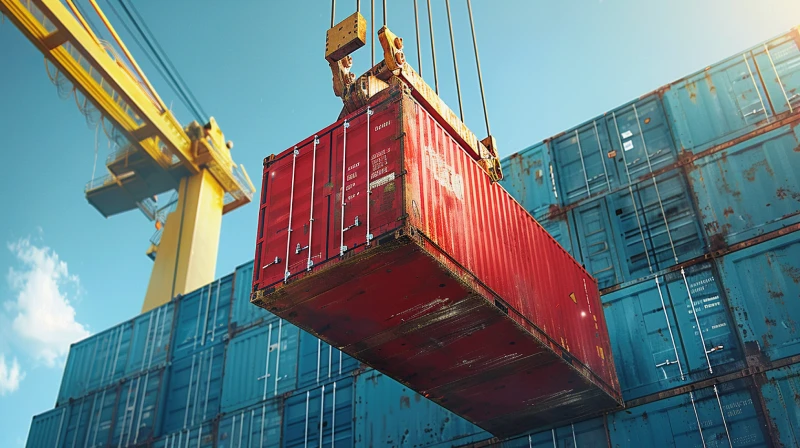
Home → How Long Does Customs Clearance Take in the UK?

When importing or exporting goods, one of the most important questions is: how long does customs clearance take in the UK? Timely clearance is essential for businesses relying on smooth logistics, consistent inventory levels, and client satisfaction. In this guide, we break down the typical timeframes, explain what impacts the duration of customs procedures, and share expert tips for avoiding delays.
Whether you’re shipping by air, sea, or road, or navigating post-Brexit regulations, this article is designed to help you understand the full customs process in the UK—and why working with a professional like OTS Broker can be a smart move.
Customs clearance is the official process by which imported or exported goods are approved by HM Revenue & Customs (HMRC) for entry or exit into the UK. It involves submitting the right documents, calculating and paying duties or VAT, and sometimes undergoing physical inspection of the goods.
Every shipment coming into or going out of the UK must be declared. For businesses, this means navigating customs declarations, tariffs, trade agreements, and possibly security checks. Failing to clear customs in time can lead to port storage fees, delivery delays, or even penalties.
Typically 1 to 3 working days, depending on the shipment type and documentation.
Yes, using pre-lodged declarations speeds up clearance.
They may be inspected or reviewed. Delays range from 1–5 days depending on the issue.
Yes, after Brexit all UK-EU goods need full customs declarations.
You can do it yourself or use a customs broker like OTS Broker.

So, how long does customs clearance take in the UK? The short answer is: anywhere from a few hours to several days—but let’s break it down further based on shipping method and declaration type.
However, these timeframes assume:
In reality, delays often arise from mistakes in declarations, peak season backlogs, or incorrect tariff codes.
Several key factors influence how long customs clearance takes in the UK. Understanding them can help you prepare and act proactively:
Certain products are more likely to undergo scrutiny. For example:
Mistakes in customs declarations—such as incorrect commodity codes, wrong country of origin, or missing invoice values—can result in HMRC querying the shipment. These queries can add hours or even days to the clearance process.
Clearance is faster when:
Missing documents can cause a shipment to be held at the port until resolved.
If HMRC or Border Force flags a shipment for inspection, the clearance can be delayed by 1 to 5 working days, depending on the type of check—documentary, scanning, or physical inspection.
Ports like Felixstowe or Dover experience seasonal congestion, especially during:
During these times, even properly documented shipments may take longer due to staff or system overload.

Choosing the right transport method can influence how long customs takes:
If time is a critical factor, air freight with pre-lodged customs declarations is often the best route.
Since Brexit, goods moving between the UK and EU are no longer part of the single market. That means:
This has made customs clearance for EU-bound goods longer and more complex, especially for small to medium exporters unfamiliar with the process.
Want to minimise delays? Here’s how:
Remember: one small document error can delay an entire container. Double-check everything before shipping.
A licensed customs broker like OTS Broker takes the complexity out of clearance. Here’s how they can help:
They work with importers and exporters across air, sea, and road freight and understand the intricacies of UK customs procedures post-Brexit. Partnering with the right expert means fewer delays, lower risk, and more peace of mind.
Need help with your customs clearance in the UK? Want to reduce clearance times and avoid costly mistakes?
? Get in touch with OTS Broker to receive tailored advice, customs support, and expert assistance. Whether you’re a new importer or a seasoned international trader, their team is ready to help you stay compliant and efficient.